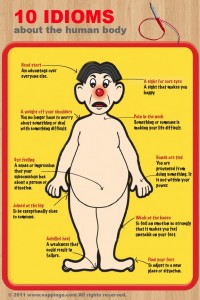- go back
Intransitive
Meaning: return to a place
Example: When do you go back to Brazil?
Remember the difference between “come” and “go” depends on whom you’re talking to. If you are speaking with the people you are leaving, use “go.” If you are speaking with the people you are joining, use “come.”
For example, my family lives in New York, but here I am in Ecuador. When speaking to my family I might say, “Mom, Dad, I am coming back to NY for Christmas!” But when I am speaking to my friends in Ecuador I might say, “Amigos, I am going back to NY for Christmas.”


